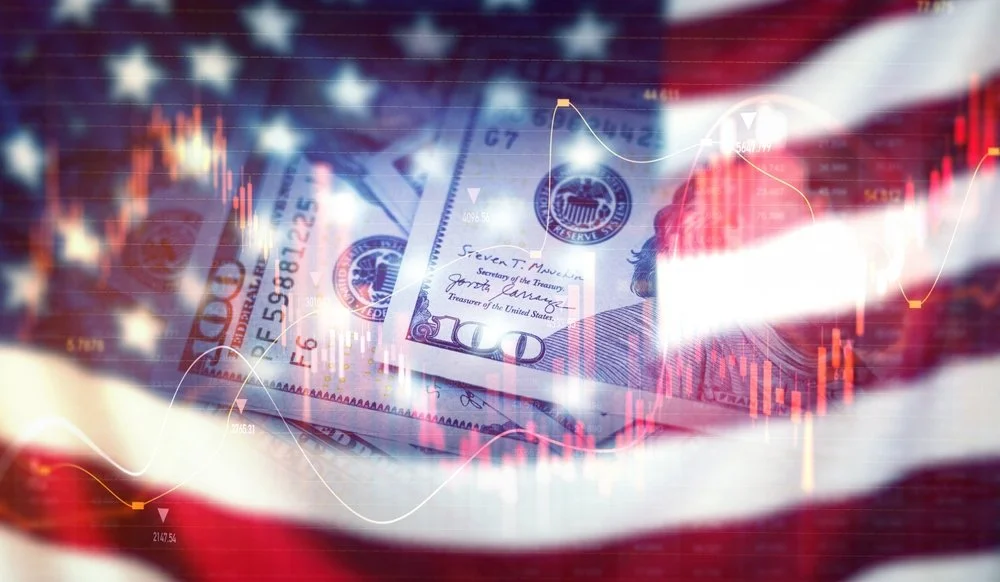Should an election year change your stock market strategy?
February 18, 2024
In an election year, there is never a shortage of questions on how whatever happens in the political realm will affect the financial one.
For instance, if the candidate you despise wins, do you need to pull out of the market? Or if the party you don't prefer takes hold of the House and Senate, what will happen to issues like taxes, the environment, Social Security and the deficit? What if your party does win, which investments should you buy?
Elections matter for policy reasons. Policy decisions can influence corporate profits. Corporate profits are a key ingredient in identifying which companies have potential. And companies' value comes down to some mix of current results and future potential. So how do you consider what this upcoming election will mean for stocks?
If we go back to the Great Depression and look at whether markets have done better under Democratic or Republican presidents, you would see the Democrats have prevailed. But this is a very small sample size (fewer than 25 elections). An interesting paper by Bob French, a chartered financial analyst for Retirement Researcher, also looks at the impact Congress has had (relatively little) and whether re-election is better (yes). A candidate's re-election might correlate to a stronger market because the economy was doing well enough that we didn't need to boot the guy in charge.
But because the president has relatively little control of the economy as a whole, it is hard to say if he was the cause of this performance. And even upon a president's re-election, people have economic and non-economic reasons for how they vote. "It's the economy, stupid" is a terrific soundbite from political consultant James Carville, but it's not the sole reason behind why we elect our leaders.
Measuring increased taxes' impact on the S&P 500 is also unclear because companies are often adept at handling them. Stock market performance has not been dissimilar during periods of higher corporate rates than lower ones. Same with personal tax rates. So while it is reasonable to argue about what represents fair tax rates, a fear of rising rates should not cause you to exit the market.
An easy way to think about it: Higher taxes don't cause money to disappear. It just redistributes. Someone who leaves Florida and moves to Minnesota and pays higher Minnesota taxes has less money to spend or save, but that money went to the state to spend. Someone who leaves Minnesota and moves to Florida has more money to save or spend there, and Minnesota has less. In many ways, it is a contained system (except when federal government spending pays debt).
Since neither party has done much recently with managing the national debt, this is one area where spent government money is leaving the system. Almost a quarter of the interest paid on Treasuries goes to foreign countries. Not only will these payments most likely not happen in the U.S., but these increasing interest payments are becoming a larger share of the country's annual budget. But again, since neither party has actually stopped this burgeoning debt, it is hard to say electing one or the other would solve the problem.
There are certainly geopolitical factors that could affect the markets and which a certain party in power might exacerbate. For example, oil shocks could drastically compromise consumer spending, hurting companies that rely on a tapped consumer. Changes in defense spending could affect firms profiting from this area. But even these examples oversimplify which companies to target or avoid after an election.
When you are looking at being an investor, there are always going to be exogenous events that cause short-term market dislocations, but unless you are a day trader, it is silly to try to chase them. Take the recent example of Silicon Valley Bank. Stocks briefly sold off when SVB collapsed but rebounded soon after when the markets assumed the Fed would no longer need to raise interest rates because the banks would tighten their lending. The Fed indicating it will lower interest rates creates an enduring benefit to stocks. Election movements are often temporary.
There are legitimate reasons for concern about our elections, but the stock market is not one of them.
- Ross Levin
This article originally appeared in the Minneapolis Star Tribune on February 18, 2024





